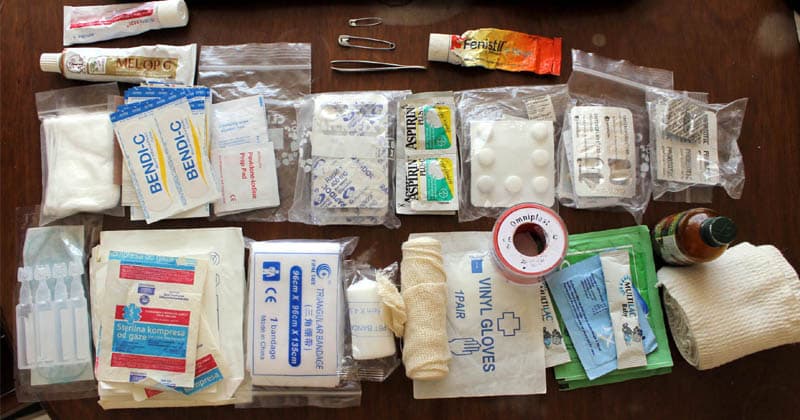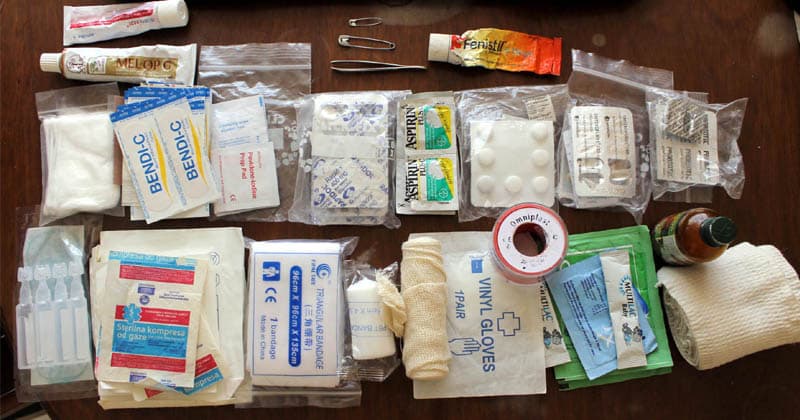
First Aid Essentials: Must-Have Supplies for Every Home and Travel Kit
Accidents and injuries can happen at any time, whether at home or during travel. Being prepared with a well-stocked first aid kit is essential to provide immediate care and alleviate discomfort until professional medical help is available. In this article, we will discuss the must-have supplies for every home and travel first aid kit, ensuring you are equipped to handle common injuries and emergencies.
- Adhesive Bandages: Adhesive bandages, also known as Band-Aids, are essential for covering small cuts, scrapes, and blisters. Keep an assortment of sizes to accommodate various wound sizes.
- Sterile Gauze Pads and Tape: Sterile gauze pads are ideal for larger wounds that require proper cleaning and dressing. Secure the gauze with medical tape to keep the wound protected and promote healing.
- Antiseptic Solution: Antiseptic solution, such as hydrogen peroxide or rubbing alcohol, is vital for cleaning wounds and preventing infection. Use it to clean the affected area before applying bandages or dressings.
- Tweezers and Scissors: Tweezers are useful for removing splinters or foreign objects embedded in the skin. Scissors with rounded tips are necessary for cutting gauze, tape, or clothing away from an injury.
- Disposable Gloves: Disposable gloves are essential for maintaining hygiene and preventing the spread of infection. Keep a few pairs of latex or nitrile gloves in your first aid kit.
- Pain Relievers: Include over-the-counter pain relievers like acetaminophen or ibuprofen to provide relief from minor aches, pains, and headaches. Follow the recommended dosage guidelines.
- Antihistamines: Antihistamines help alleviate allergic reactions, insect bites, or stings. They can also be useful for managing seasonal allergies. Consult a healthcare professional for appropriate options.
- Thermometer: A digital thermometer is crucial for monitoring body temperature. It can help determine if someone has a fever, indicating a possible infection or illness.
- CPR Mask: Having a CPR mask in your first aid kit is essential for providing rescue breaths during cardiopulmonary resuscitation (CPR) in case of emergencies.
- Emergency Contact Information: Include a list of emergency phone numbers, including local hospitals, poison control centers, and your family doctor. Also, write down any important medical information, allergies, or pre-existing conditions.

A well-stocked first aid kit is a vital tool in providing immediate care during emergencies or minor injuries. Having the essential supplies like adhesive bandages, sterile gauze pads, antiseptic solution, tweezers, scissors, disposable gloves, pain relievers, antihistamines, thermometer, CPR mask, and emergency contact information ensures you are prepared to handle various situations.
Remember to regularly check and replenish your first aid kit to ensure that all supplies are up-to-date and in good condition. For further information or inquiries, please feel free to contact me at [email protected].
Note: This article is for informational purposes only and does not substitute professional medical advice.